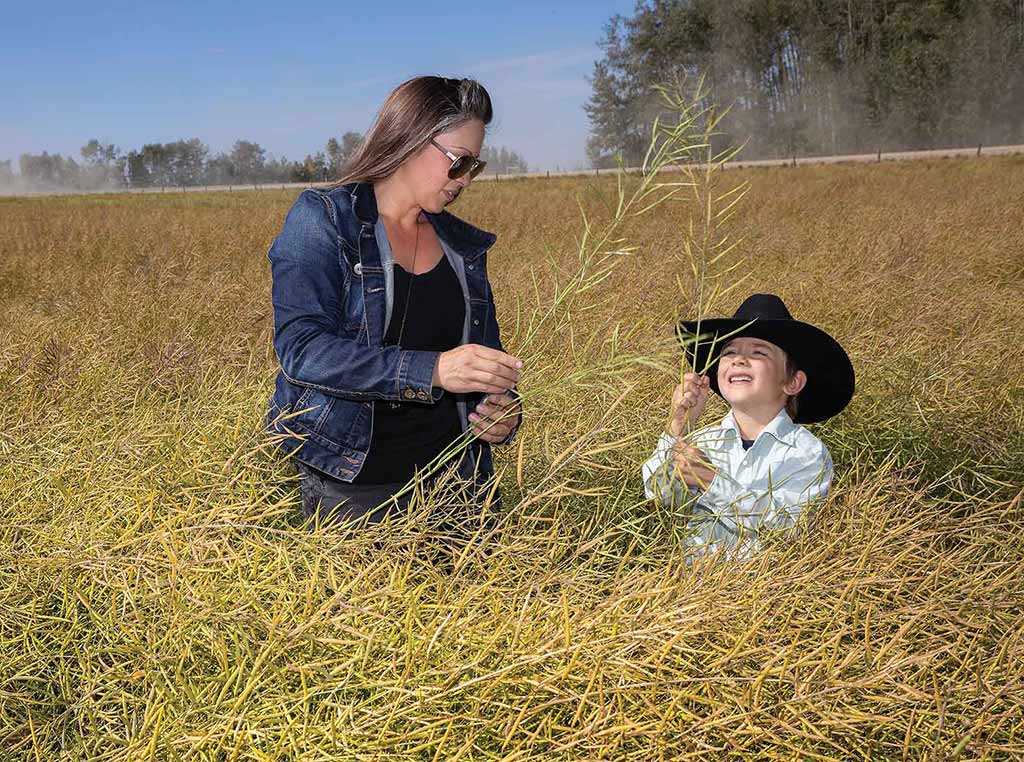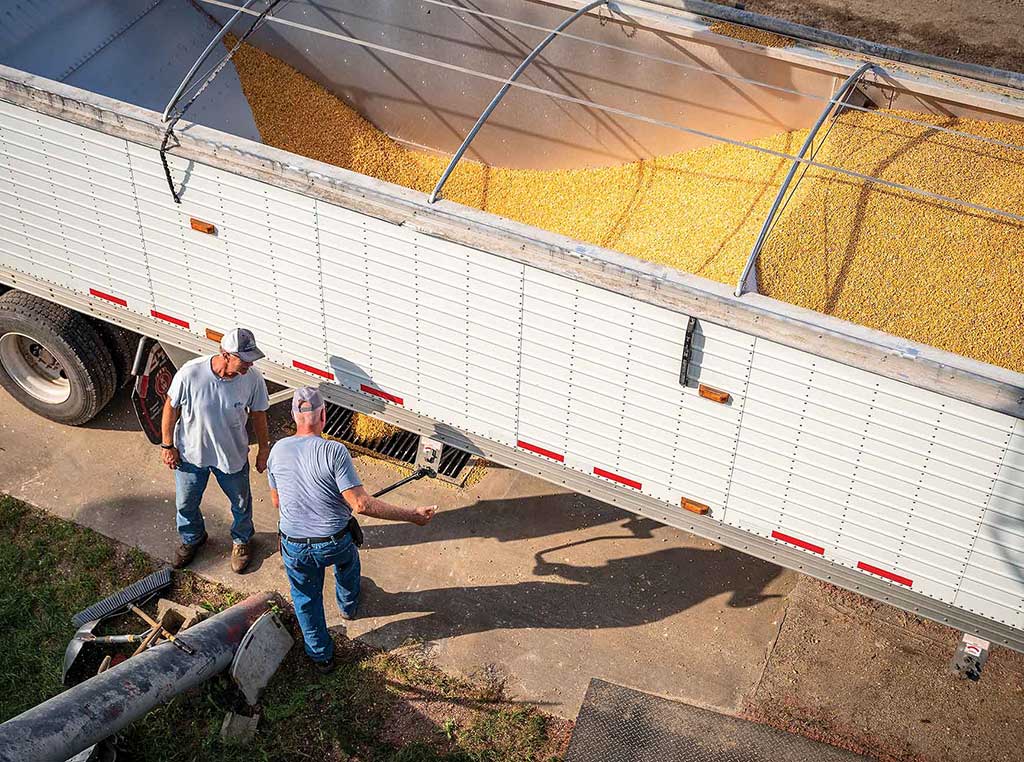
Bob Miller says direct dairy sales make for long days, but allow him to stay small and focus on sustainability.
Agriculture, Livestock/Poultry June 01, 2021
Genuine
Little herd, lots of heart.
Rolling through villages outside Kirkuk, Iraq, the young 10th Mountain Division officer was on the lookout for risks to his men and threats to the oil pipeline they were tasked to protect. On his second Iraq deployment, Bob Miller noticed something else, too. Farmers selling their products.
The scene stirred Miller, who grew up on a Maryland dairy farm and majored in history in college.
“I’m seeing farmers selling their products directly,” he recalls. “It’s akin to what was happening here during the Colonial era.”
Those enterprising Iraqi farmers inspired Miller to come home to Federalsburg, on Maryland’s Eastern Shore, and launch a direct marketing venture on his family’s tiny grazing dairy. With just 30 cows, the farm was too small to survive on commodity milk checks and too isolated for the local co-op to want to bother continuing milk pick-ups..
But Miller’s dream—expanding the herd to 40 Jerseys, then direct marketing their milk and yogurt—was a tough sell, too. His parents were not interested in dealing with city people. The farm’s 125 acres of pasture capped the herd’s growth to about 45 head. And lenders were wary, to say the least.
“I got laughed out of four banks because no one thought it would work,” Miller says with a wince.
IA sympathetic economic development official named JOK Walsh helped Miller get a start-up loan and became their advocate in dealing with the county commissioners during the processing line’s planning stages. With the help of Miller’s wife Jaclynne, her sister Brandy, and his brother Lucas, the Nice Farms team built its creamery from the foundation up and began adding value to its milk.
“This is a one-stop shop,” Miller says. “We pump right into the creamery. It starts as grass and ends up as milk and yogurt.”
The result is like a peek into a bygone era, when Miller’s grandparents farmed in New Jersey, before his parents moved their little herd to Maryland for more room to graze. Miller’s goal is to farm sustainably and provide customers with the kind of fresh milk he grew up drinking on the farm. (“I went through Airborne school and never broke a bone in my body,” he says, crediting milk, of course.)
Classic. “This is what milk used to be,” he points out. “Some people are used to a standardized, homogenized, high-temperature-pasteurized product. They like the less-creamy milks now, and when milk changes throughout the year, they’re not used to that. But a lot of people are like, ‘where has this been all my life?’”
Many of those enthusiastic customers are Millers’ neighbors. Since he first set his price 12 years ago, Miller has kept it at $6.50 per gallon. He’ll never be able to compete with big box stores’ $2-per-gallon loss-leaders, but he can go toe-to-toe with their organic milk and deliver a premium product at an accessible price.
“I’m trying to be an everyman milk,” Miller explains. “It’s not just for elites in Annapolis to drink. I love seeing our neighbors buy our milk. They’re farmers like us. I’m humbled by that.”
Nice Farms has expanded its offerings, gaining local fame for its rich, lemon-yellow butter and summertime-only ice cream.
To learn how to make butter at his tiny scale—just 240 gallons of milk per day—Miller unearthed books from the 1880s. And when COVID-19 shut down the farmers’ markets that are a key connection with many of his customers, he mapped delivery routes.
Miller is blunt about the challenges he faces. Long days, debt, and regulation grind at him. His parents moved out of state. But true to his vision on those patrols in Kirkuk, Miller is providing people with the fresh milk he loves and raising his young family on the farm that shaped his own life.
“We tell everyone how appreciative we are,” he says. “This creamery, the farm, the way we farm—we couldn’t do it without them.
“We’re not flashy like some other operations,” he adds. “The prize my eye is on is the genuine factor. That’s what matters to me.”

A diet of grasses and forbs and butterfat levels above 5% yield rich, lemon-yellow butter that is a hallmark of Nice Farms Creamery. Miller has been investing in better Jersey genetics to optimize his small herd for grazing performance.
Read More

AGRICULTURE, FARM OPERATION
Keep It Clean
Failing to follow the rules can be costly.

AGRICULTURE, FARM OPERATION
Keeping Command Of Each Kernel
Managing grain quality during drying and storage.
